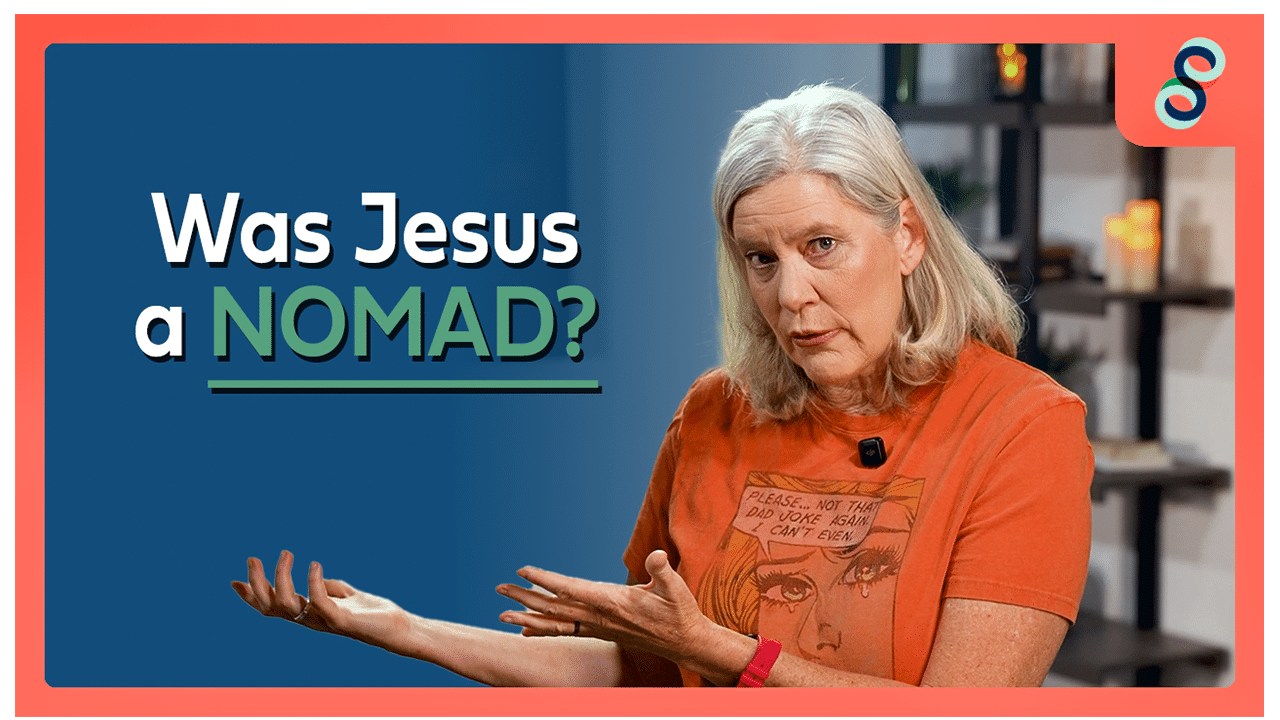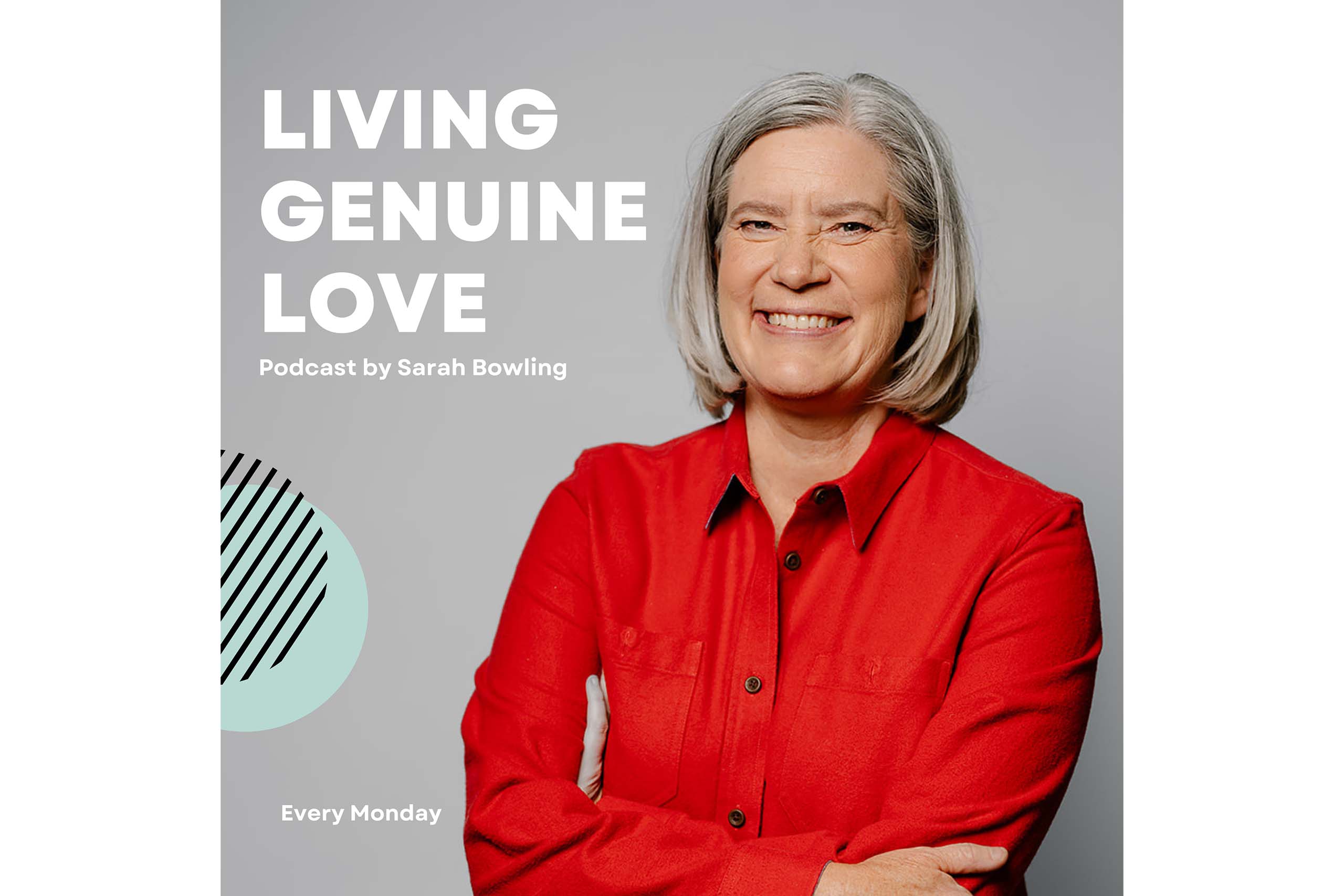I’d like to have dinner with Jesus—not at a restaurant, not zipping through a drive-through or doing a speedy dine and dash. I’d like to have a meal with Jesus that’s long, relaxed, comfortable, leisurely and informal. It would be incredible to enjoy a slow meal, in-depth conversation, probably some laughing, poignant insights, and challenging questions and answers with tasty food.
When I think about this, I’m reminded of a few occasions in the Gospels where we read about Jesus having a meal with various people. In one such experience, Jesus is having dinner at the house of Simon, the Pharisee, as we read in Luke 7. This was an interesting experience because a sinner woman showed up and interrupted the meal by washing Jesus’ feet. Simon, the Pharisee host, was incensed that Jesus would allow such a sinful woman to touch Him, wash His feet and interrupt this pious meal.
Jesus knew what Simon was thinking. He confronted and exposed Simon’s self-righteous piety by contrasting the love expressed by the sinful woman with Simon’s absence of love. The sinful woman expressed extravagant love, and Simon, the Pharisee, was wholly deficient in expressing basic civility and bare-bone manners in hosting Jesus. From this whole situation, Jesus used the dinner to make a powerful observation, which challenges me to love Jesus with reckless extravagance. In Luke 7:47, Jesus tells Simon, “For this reason I say to you, her sins, which are many, have been forgiven, for she loved much; but he who is forgiven little, loves little.”
On another occasion, Jesus was sharing a meal at the home of a different Pharisee on the Sabbath, as we read in Luke 14. When you read about the context of this meal, you’ll note that the religious leaders were closely watching Jesus to see if He was going to break any Sabbath rules or exhibit questionable behavior. On this occasion, a man was present with “dropsy,” or edema, and Jesus healed him regardless of the religious leaders’ thoughts. After the healing, Jesus gave two parables on the topic of being at and hosting a feast. In these parables, Jesus taught the leaders about humility and inclusion.
To unpack what Jesus said, He told the people at the meal that when they’re invited to a party, they should seat themselves in the lowest places and wait for the host to move them to a place with higher honor. In this parable, Jesus said that those who exalt themselves will be humbled and those who humble themselves will be exalted.
Additionally, in the second parable, Jesus describes a massive feast where the people who were invited declined to attend when the party was ready to start. The host then told his servants to invite anyone and everyone to his feast: the poor, lame, blind and crippled, so that the party would be filled with guests. In this parable, Jesus emphasized the inclusive nature of God’s designs and purposes.
As we think about the dinners we just explored, both were at the houses of religious folk. So I think it’s helpful for those of us with religious underpinnings to reflect on Jesus’ words and lessons during these dinners.
For some takeaways, let’s remember some key lessons:
- Loving Jesus extravagantly is fundamental to our relationship with Him.
- Humility is a high priority in following Jesus.
- God invites everyone into His kingdom, including those who might seem unworthy, unfit or disqualified.



